Frontiers Friday #145. ADHD (Strategies, Part V) ⭕️
"Dailies, Strategies, Skills and Pills..." 5 Recommendations on Strategies.
Last week, I talked about the “Dailies” component of working with ADHD.
This week, we will take a deep dive into the Strategies aspects.
To recap, here’s the gist about “Dailies, Strategies, Skills, and Pills”
And if you’ve missed the previous installments on ADHD, see below:
Frontiers Friday #145 Five Recommendations on the “Strategies” of ADHD (Part V)
Strategies are basically things we can tweak in the tools and approaches we employ, as well as changes that we can make to the environment. We can also think about “strategies” as a set of tactical perspective or plan of action.
Here are 5 areas we can look at strategising our approaches to working with ADHD.
1. Time-Blindness
2. Productivity
3. Studying
4. Friendship with Emotions
5. Play
⏰ Time-Blindness
By far, time-blindness is one feature that is particularly prevalent in individuals with ADHD.
People with time-blindness often struggle to estimate durations, plan and prioritize tasks effectively, or adhere to schedules. They often struggle with over- and underestimating time intervals, feel overwhelmed by time-based obligations, and they often run late for appointments (including therapy).
There are a lot of tips out there in relations with managing time-blindness. Here’s some of what I’ve found relevant in my clinical practice:
i. Time-blocking vs Hourly Scheduling.
Some of my clients are repulsed by the idea of scheduling their lives hour-by-hour.
Instead of making their calendar become overly-constraining, I suggest they time-block instead.
For example, instead of saying that they will study math from 9-10:30am, science from 10:30am to 11:30am, I would suggest they chunk it instead i.e., 9am to 12pm, Study. That way, there’s room for maneuverability within a pre-defined parameter.
ii. Set Calendar Alerts (Even though you might hate it)
Create alerts in your calendar to notify you prior. Use multiple alerts in your calendar if you have to. For example, a 24hr prior alert for an upcoming meeting, and a 1hr alert before the meeting, plus if you add the location of the meeting, into the calendar, it will alert you how long it takes to get to the meeting.
Some might find this Alert strategy annoying, but I think the benefit and the amount of personal agency it gives you outweigh the annoyance.
iii. Set Buffers (Even though you think you can do without it).
Create buffer between events and projects.
Most of us, with or without ADHD, fall in to the trappings of planning fallacy. We plan for something to take 1hr, but in actuality, it takes 1.5hr.
Projects are even more susceptible to planning fallacy. We think it would take 2 years to complete a thesis, but it probably would take 3 years.
Bake buffers into your schedule. Multiply the time by at least 1.5.
iv. App Blockers
I’m not talking about ad-blockers, though I would highly recommend that your web-browser has that feature turned on.
App blockers prevents you from straying away into the rabbit hole of the Internet of distractions.
I’ve been using Freedom.to and Cold Turkey for some years. Freedom is deployed to protect my times between 11pm to noon the next day. I know it sounds ludicrous, but I had to use Cold Turkey on top of that because I found a way to hack into Freedom. So I use CT when I really need focus on a piece of writing.
v. Set Aside Time to Go Time-Blind
Okay. Now that we have the above setup, I would recommend that you park aside time on a weekly basis at least, that you allow yourself to step out of the chronological time and go do whatever you want!
Constantly keeping up with time can be stressful. By making a provision where you are not tightly bounded by your schedule is an important feature to make sure it exists in your routine.
vi. Watch
Lastly, yes, wear a watch.🏭 Productivity Management
There is so much information out that about productivity hacks and “getting things done.” I’ve read several books on this topic. Some are really helpful, and some seen to go against the grain of of how I would like to work.
Here are some of the fundamental principles that can help someone with ADHD.
i. Extending Your Mind
Author of Order from Chaos, Jacklyn Paul, says that, “You need a container (and it cannot be your brain).”
She’s right. Even if you are not diagnosed with ADHD, given the amount of information we are trying to metabolise each day, I highly recommend people who are taking deep learning seriously to create a centralised place to capture their learnings. I talked more about this in-depth in the Deep Learner course.
Feel free to also check out a video playlist on how I use Obsidian as place to create a Personalised Learning System (PLS).1
ii. Goals vs Systems
The amateur have goals.
And the pros have a system.
In the words of famous cartoonist, Scott Adams,
“Goal-oriented people exist in a state of continuous presuccess failure at best, and permanent failure at worst if things never work out. Systems people succeed every time they apply their systems, in the sense that they did what they intended to do.
The goals people are fighting the feeling of discouragement at each turn. The systems people are feeling good every time they apply their system. That’s a big difference in terms of maintaining your personal energy in the right direction.”2
How do we translate this? We have to develop a daily system. See the concept of the 3 Alarms addressed in FF144
iii. Someday Maybe List
Because there is a correlation between ADHD and innovative, divergent thinking (see FF143), ADHD minds can get lost with other ideas that seemingly sprout out of nowhere, thereby diverting from the initial task at hand.
In your daily system, create a storehouse to whack down all of your meandering ideas. This could a Trello board, a Todolist, a specific note in your Reminder or Obsidian, etc.
I call this my Halt Vault.3 This is why I keep all of my ideas that I can’t work on right now. It’s a good idea to store your ideas somewhere else other than your brain. That way, it feels like a cognitive off-load, plus, you can easily retrieve them in the future if needed.📚Studying
This section is particularly useful for focused-activities such as studying.
i. Body-Doubling
I learned about this from a handful of clients and they swear by it. Basically, have someone study with you while you are studying.
This could be in-person or even on zoom call.
ii. Changing the Environment
This highly practical idea has surfaced for me in reading Annie Paul Murphy’s book The Extended Mind and Scott Barry Kaufman’s book Transcend.
Kaufman notes,
“Many children who are labeled as having attention-deficit/hyperactive disorder (ADHD), for instance, may be better adapted to a constantly changing environment and do their best under such conditions.”
Go to the library, or a cafe. Study in the backyard, or mix it up from time to time.
iii. Learning While Moving
Must you always be sitting while learning?
Walk around the park. Sit at a bench. Go walk again.
Listen to that lecture as you are moving.
iv. The Pomodoro Technique
I first learned about this hugely popular idea from Barbara Oakley’s work.
Basically, you break your work into intervals, such as 50 mins of deep focus, and 10 mins of a break, and you string a few of these cycles.
You could literally use a kitchen timer for this.
I use a nifty pull-down menu timer called Gestimer and Be FocusedFor more on this, see
Teach Kids This Simple Strategy
A Twist on the Pomodoro Technique
v. App-blocker
Worth repeating here. See #1 iv. above.
vi. Boredom as a cure to Procrastination.
Now that you’ve got your app-blockers setup, the Procrastination gremlins are gonna knock on your door.
Hang in there. Let boredom be your cure!
Watch:💞Friendship with Emotions
When all the blunders and side-tracks and getting dysregulated keep piling up, we start to feel lousy about ourselves, and then the critical voice kicks in hard.
We needn’t be ashamed.
Shame wants us to hide, yet shame can be seen as an innocent emotion. It needs you to be friendly towards it.
The shame spiral can cause you to retreat further and further into the cave.
Here’s some wonderings of who we can develop a kind of inner-friendship:
i. Hit Reset
Writer Anne Lamont says,
“Almost everything will work again if you unplug it for a few minutes—including you.”
Give the provision for hitting “reset” and start over.
ii. Recalibrate
More about this in this FullCircles blog: Recalculating.
iii. “What do I really need to learn?”
It’s easy to pick apart things that go wrong. It’s a little harder to pause and reflect on “what do I really need to learn from this?”
When things go wrong, after the storm, take a moment to ask yourself this question.
When things go well, take a moment to ask yourself the same question.
Write it down. Date it and serialise your notes.
Look back. Any patterns?
iv. The Pursuit of Less
Now that you are using the strategy of a Maybe Someday list, and you are training your mind to focus on solely ONE THING (see FF144), consider if you are taking on too much on your plate.
v. Fierce Kindness
Lastly, we need to remind steadfast and compassionate, an attitude of fierce kindness towards our endeavours, struggles, and what’s unfolding in our daily lives.Play
Can play diminish ADHD?
This was the question that the late Jaak Panksepp asked in his 2007 paper, Can PLAY Diminish ADHD and Facilitate the Construction of the Social Brain?
Key Graf:
- One reason for the increasing incidence of ADHD may be the diminishing availability of opportunities for pre-school children to engage in natural self-generated social play.
- Play can facilitate behavioral inhibition in growing animals, while psychostimulants reduce playfulness.
- As an alternative to the use of play-reducing psychostimulants, society could establish play “sanctuaries” for at-risk children in order to facilitate frontal lobe maturation and the healthy development of pro-social minds.
- Most young children have few rough-and-tumble play opportunities. Their surrogates - organized sports and “play dates”— are commonly pale imitations of real PLAY.
I’ve known wise teachers employing movement and play with kids in their pedagogical repertoire.
Let’s not forget, adults need to play too.
As Janskeep states, “PLAY circuitry is perhaps the major tool, provided by the genes, to allow fully social-brains to flower, nourished by the powerful daily sunshine of fun.”
For more on this topic, see these previous newsletters:See one of modules in Deep Learner, 1.4. Create Play (Free Preview)
Your Turn
What’s one strategy that’s useful to you and your clients?
Reflection
What is your relationship with time?
Notice Board
Big thanks to the good people from Mid-North Coast Local Health District in New South Wales, and the teams in High Country Behavioral Health Teams in Wyoming and Idaho for having me on board for trainings.
Over the next month, I’m going to place my attention back to the Frontiers Radio podcast. I’m hoping to answer some of the questions that floated my way. Feel free to drop me an email if you have a question related to our professional development…and all other things related to this.
Warm Welcome to New Folks on Frontiers of Psychotherapist Development (FPD)
If you are new here, I just want to say a big hello to you and would love to hear from you. Tell me a bit about you and the challenges you face in your development.
Click here to see more details and the archive listed by topics: Frontiers of Psychotherapist Development and Frontiers Friday.
Daryl Chow Ph.D. is the author of The First Kiss, co-author of Better Results, and The Write to Recovery, Creating Impact, and the new book The Field Guide to Better Results .
The term “second brain” is used alot these days. I’m somewhat conflicted about this analogy. I think more about how to “extend your mind” and having a centralised place to interact with your thinking, and ultimately, learn deeply and not just amass information. It’s already hard enough to deal with this one brain of mine, let alone two.
From How to Fail at Almost Everything and Still Win Big by Scott Adams.
This idea of a Vault was partly inspired by Prince. He famously has a vault of all of his unreleased songs and demos.

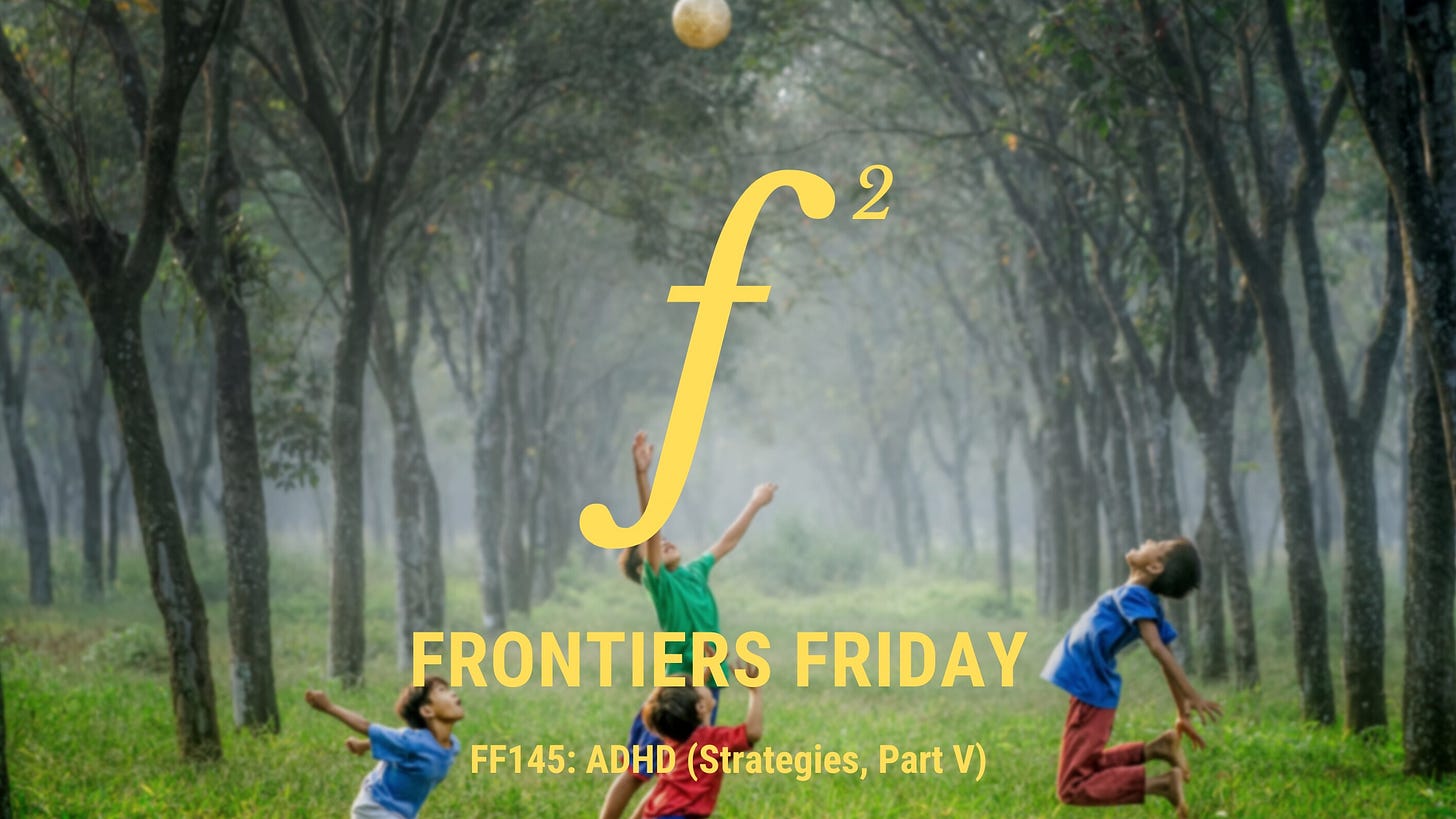
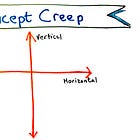
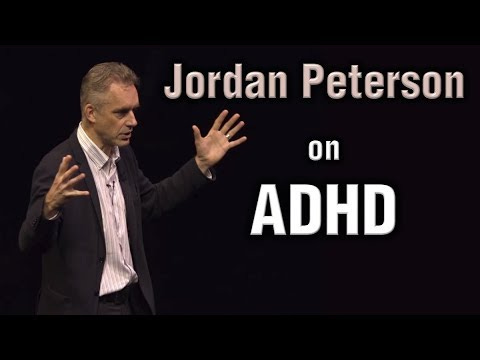
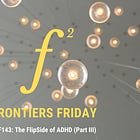




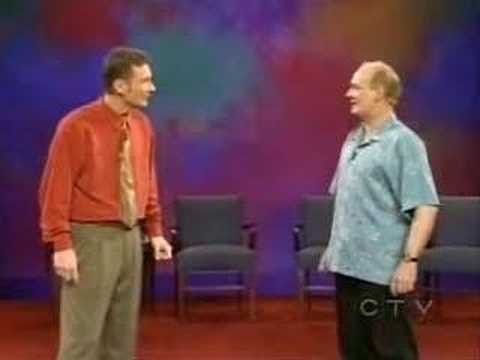

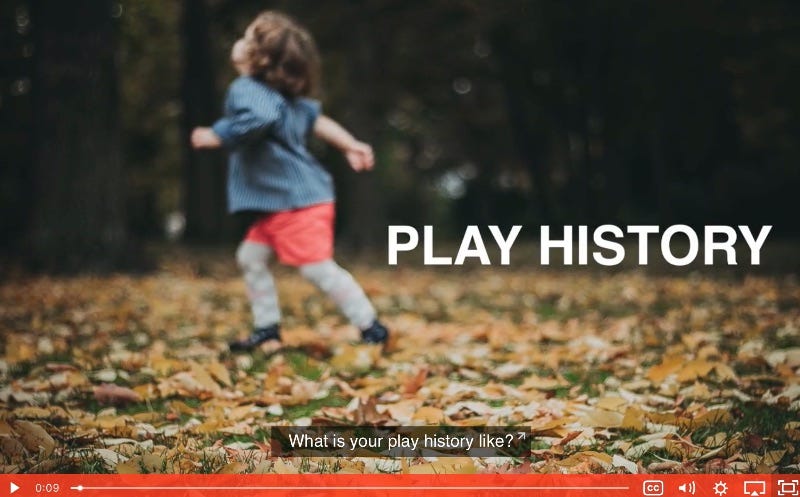


Addendum: https://substack.com/profile/101984763-daryl-chow/note/c-21487469